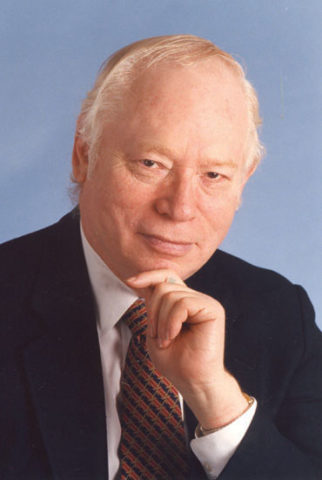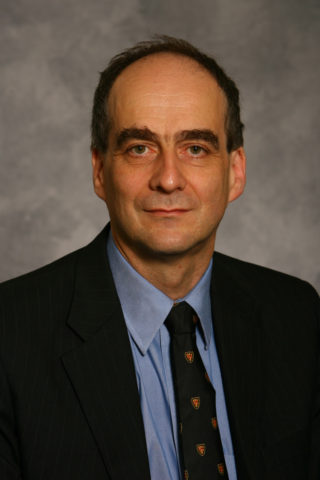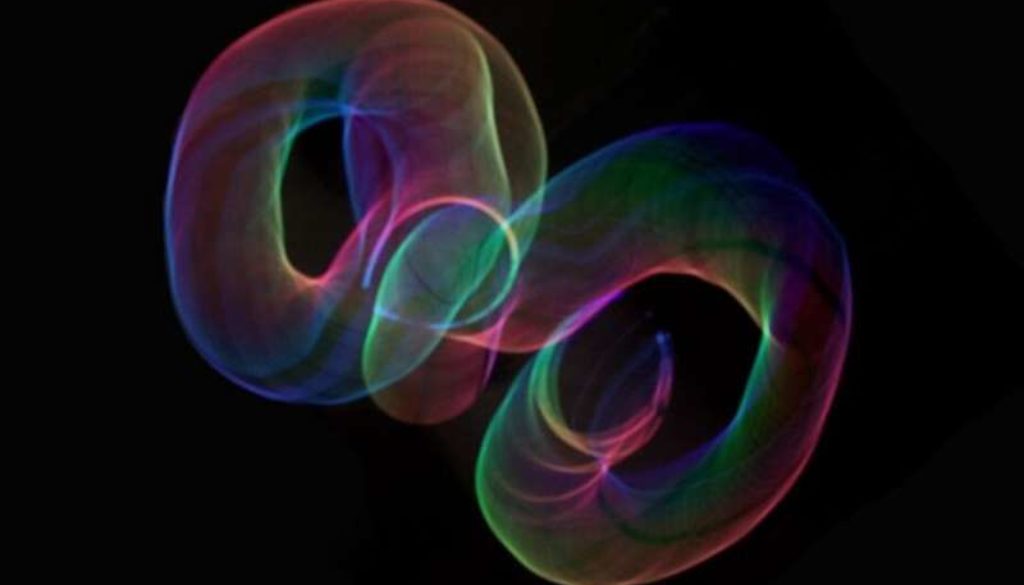Texas A&M Mitchell Institute to Host Strings 2010 Conference
At the same time most Texas A&M University students, faculty and staff will be leaving Aggieland next week for spring break, many of the world’s foremost experts in string theory and M-theory will be gathering on the Texas A&M campus to participate in the 2010 Strings Conference, hosted March 15-19 by the George P. and Cynthia Woods Mitchell Institute for Fundamental Physics and Astronomy.
The week-long international event will feature scientific discussions and presentations on recent breakthroughs in string theory, an idea that seeks to unify quantum mechanics with gravity, involving tiny, higher-dimensional strings closed into loops that vibrate to produce various components of matter. Many physicists believe that understanding these “strings” may one day provide the relationship of gravity to the other fundamental forces.
Dr. Steven Weinberg, co-recipient of the 1979 Nobel Prize in Physics and a professor of physics and astronomy at The University of Texas in Austin, and Dr. Edward Witten, the Charles Simonyi Professor of Mathematical Physics at the Institute for Advanced Study in Princeton and winner of the 1990 Fields Medal and 2002 National Medal of Science, headline a list of approximately 40 internationally eminent string theorists scheduled to present talks at the landmark event, one in a series of strings conferences that have taken place annually since the late 1980s.


Dr. Christopher N. Pope, distinguished professor of physics and director of Texas A&M’s Mitchell Institute, is one of nine physicists on the local organizing committee for the conference, the first to be held at Texas A&M since 1990. He considers the strings conferences to be the most important of the year for physicists to meet and swap ideas about a concept that is still expanding.
“Each year it’s a really big conference, and this year’s will be here,” Pope adds. “It’s the main conference of the year where string theorists can gather and listen to each other’s research and ideas.”
Weinberg, who holds the Josey Regental Chair in Science and is a member of both the physics and astronomy departments at Texas, is considered one of the world’s preeminent theoretical physicists. His research on quantum field theory, elementary particles and cosmology has been honored with many prestigious prizes and awards, none bigger than his Nobel Prize for contributions to the discovery of the neutral currents and the inferred existence of the Z boson. Weinberg is the founder of the UT Department of Physics Theory Group, which seeks to pursue a deeper understanding of string theory, and the author of numerous books, including his prize-winning The First Three Minutes, which has been translated into 22 different languages.
Although not a creator of string theory, Witten is largely regarded by his peers as a definitive pioneer in the field, thanks to his extensive research and numerous publications which have led to dramatic advances in the field and helped generate widespread interest in string theory. He has been honored with many awards for his work, including the 1990 Fields Medal, widely accepted as the highest honor a mathematician can receive, and the 2002 National Medal of Science. In addition, Witten was listed among TIME magazine’s 100 most influential people of 2004.
Pope, recognized internationally for his work on the development of strings and M-theory, is one of the world’s most active current researchers in high-energy theory. His nearly 30-year career at the forefront of theoretical physics includes more than 270 publications with over 11,000 citations. Along the way, he has been heavily involved in many steps in the search for a consistent theory of Quantum Gravity, which has as its goal the unification of all the fundamental forces of Nature.
-aTm-
Contact: Chris Jarvis, (979) 845-7246 or cjarvis@science.tamu.edu or Dr. Christopher Pope, (979) 845-7793 or pope@physics.tamu.edu
The post Texas A&M Mitchell Institute to Host Strings 2010 Conference appeared first on Texas A&M College of Science
